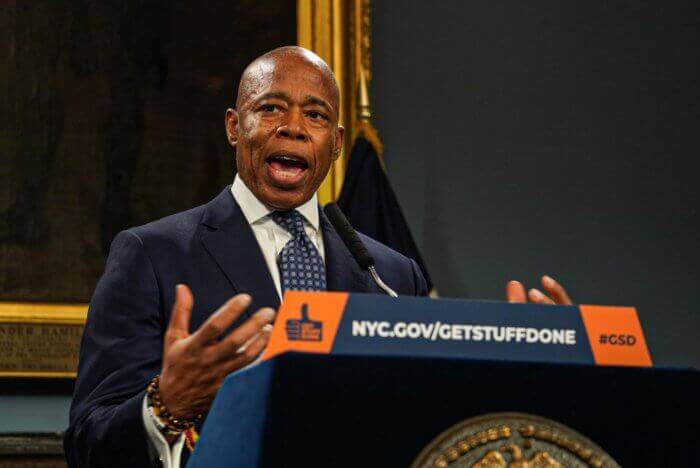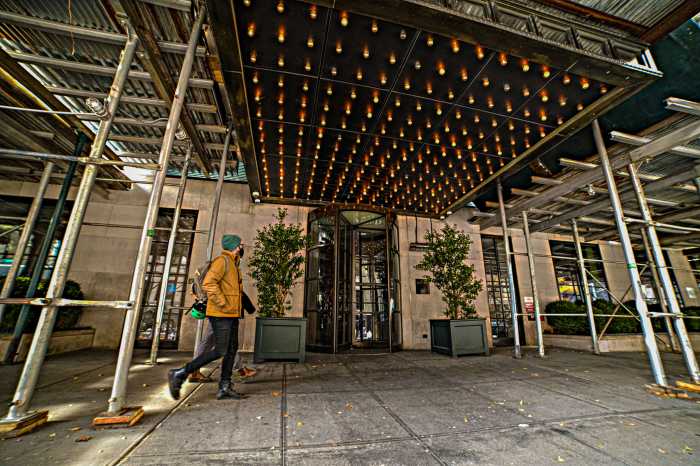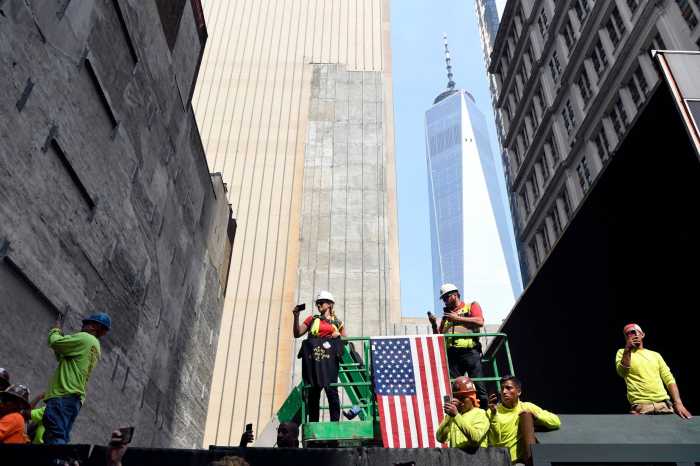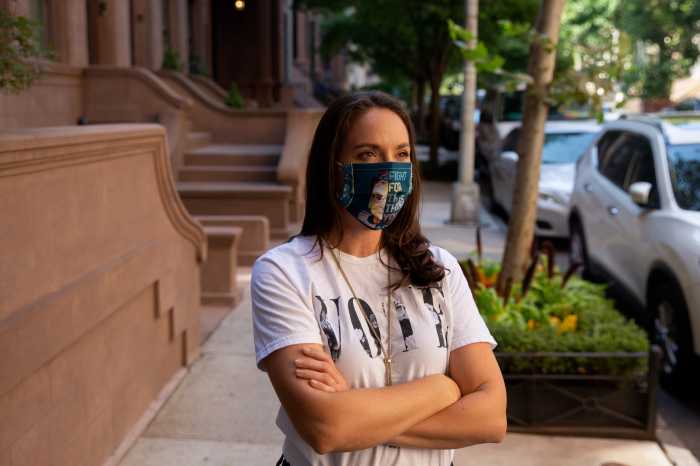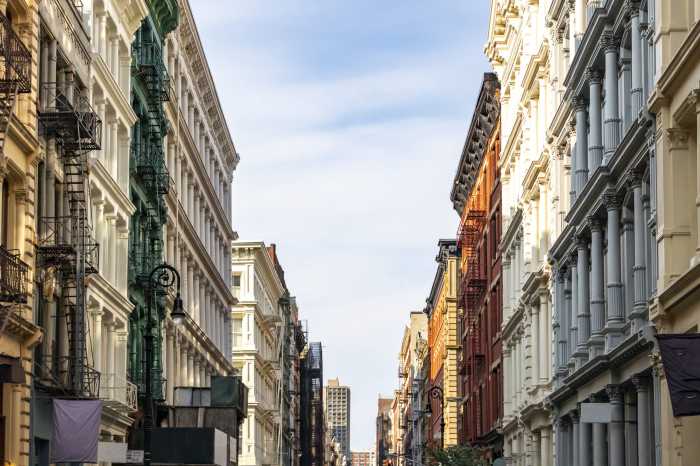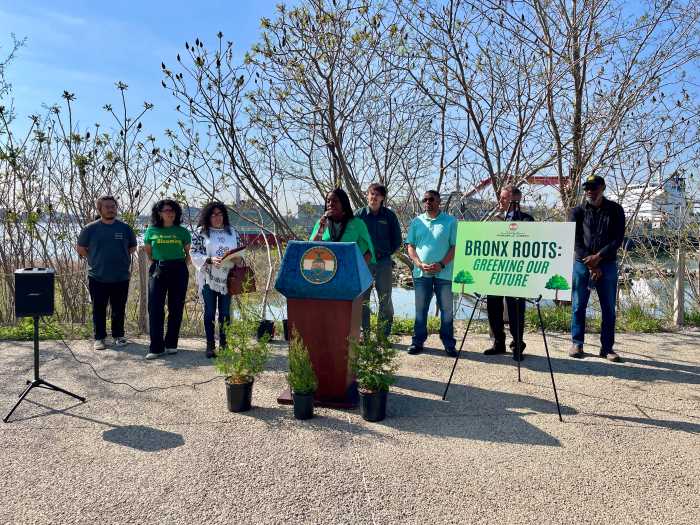Last year, we declared that New York City would lead the way on housing in America. Our city must remain a place where everyday New Yorkers can find and afford a place to live. We have set a moonshot goal of building 500,000 new homes for New Yorkers over the next decade—and to achieve this goal we must fight for new housing, new zoning, and innovation.
People say New York City doesn’t have enough space for new housing—but there’s space everywhere if you look hard enough. Since the pandemic, we’ve seen office buildings lying empty or entire floors that are vacant. We can convert those existing spaces into homes that New Yorkers earning a wide range of incomes can afford.
Converting vacant offices into apartments will bring life back to our business districts and allow people to live close to where they work. The “New” New York Action plan, which Governor Hochul and I introduced last year, calls for office conversions to revitalize our downtowns and keep our city vibrant.
Additionally, we have made affordable housing a central part of our working people’s agenda.
We released our Housing Our Neighbors plan to get New Yorkers into safe and stable homes more quickly. And we launched our Get Stuff Built plan to speed up construction of new housing in all five boroughs.
But we’ve said from the beginning that we cannot solve this problem without help from New York State. That’s why we are so grateful for the partnership of Governor Hochul. She has included a number of key investments and policies in her proposed budget that will help us address the housing crisis. These investments and policies need to be included in the final budget that will be passed by the state in the coming weeks.
As state lawmakers consider the budget, we will continue to make our case for Albany to eliminate rules that make office conversions nearly impossible, and remove the state cap that prevents us from building more housing in midtown Manhattan. We will also be pushing for an incentive to help property owners make much-needed repairs in exchange for keeping homes affordable far into the future.
We have already been talking to our partners in the State legislature in Albany. Without their assistance, we simply will not be able to build affordable housing at the rate we need. But if we work together, we can get critical support for NYCHA residents, create a pathway to safety for dangerous basement and cellar apartments, and make a number of other important changes and investments in the affordability of our city.
During the 1920s, we built 750,000 new homes—more than three times the number of homes built over the past 10 years. We can do it again. We must do it again for the sake New York City and of all New Yorkers.



